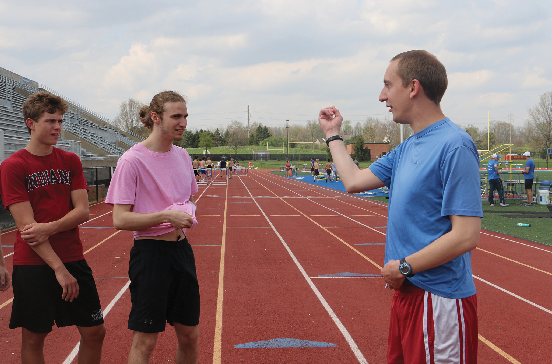
For many sports, off-season training has been a vital part for student athletes to help prepare for their regular seasons. According to Joey Schmidt, varsity football outside linebacker and junior, off-season training is important because it helps athletes build their strength and speed for the following season. He said the football team has recently started its Red Dawn practices to help build athletes together as a team.
Zach Ullom, men’s track runner, cross-country runner and junior, said, “Off season training helps keep us in shape. One of the things that Coach Altevogt says the most is that, ‘If you don’t use it, you’ll lose it.’ You run just to kind of keep yourself going and keep yourself from losing what you have. One day you’ll go and run three miles as opposed to a normal season day which would run more like six to seven miles, at least for me. It helps keep us in shape.”

RUNNING HARD: Colin Altevogt, assistant coach for CHS track and head cross-country coach, helps runners analyze their form. Altevogt said both students and coaches use the off-season time to recover from injuries and prepare for the upcoming season.
Keelan Grant, men’s track runner, cross-country runner and senior, said off season training has helped him grow as a runner and improve his times earlier. He said he will be running at Indiana University next year and will be training in the preseason with the team.
According to track and field coach Colin Altevogt off-season training helps the track and cross-country teams get ready for the season as well. He said over the summer there will be around 100 runners for off-season training for both sports. Altevogt said there will be a lot of distance running and off-season training for team sports over the summer.
Grant said off-season training not only helps athletes prepare for the upcoming season, but it also allows them to recover from injuries.
“Injuries are a difficult thing to have no matter when it is but during the off-season it feels like you have more time to recover. Everyone wants to jump right back into things right after they are cleared from injury during in season but in the summer they can really take their time and make sure they are healthy for a safe return,” he said.
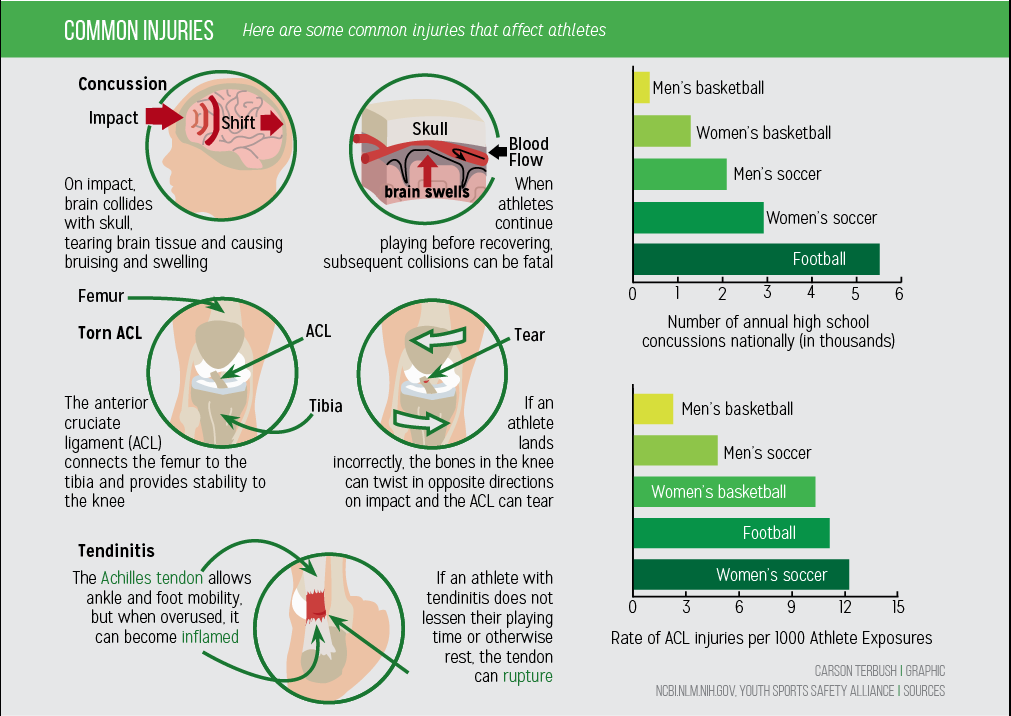
Altevogt said athletes from a variety of sports use off-season training to their advantage.
“The runners are going to be doing a lot of conditioning. (Off-season training) is not necessarily your sport-specific stuff; so for basketball, I’m guessing, they’ll be doing some running and lifting, but for track it’s just all conditioning. There’s no plays that we work on during the season, so it’s all pretty much the same stuff that we do during the regular part of the season, but the weather dictates what we’re able to do,” Altevogt said.
 Ullom said the runners work on heat training, since training is in the morning and it tends to be humid and because it’s hotter than usual, which makes being able to run harder.
Ullom said the runners work on heat training, since training is in the morning and it tends to be humid and because it’s hotter than usual, which makes being able to run harder.
Schmidt said the football players practice three times a week for off-season training: four-hour practices on Monday and Wednesday and a two-hour practice on Thursday. He said during practice, the players start off with individual practice, where everyone goes to their position, and then later comes together to do a competition period. Schmidt said before the season starts, the team will scout other teams. To comply with the off-season training during the summer, Schmidt said he has to adjust his summer schedule to meet his football needs.
“(My family) schedules our vacations around the football schedule,” he said. “Football always comes first, and my friends know that. It’s not too bad, but I can always still see my friends. I think I may miss out on swimming and being with my friends, but it’s all worth it because what we do in the off-season effects our actual season and how prepared we are.”
Altevogt said he has had to make sacrifices for off-season training
well. He said training is usually two to three hours a day, but it is part of the job to get ready for the season. He said the men’s track and field and cross-country teams have been successful for the past few years, and if the runners didn’t meet until the first day of the season they wouldn’t be any good.
Ullom said, “You get the hard part out of the way, so you can do great during the season. The hardest part is trying to get where you can improve, trying to get back up to your (personal record). That’s the goal during the off season, and during the season it’s just taking what you’ve got and getting back up to where you should be.”


















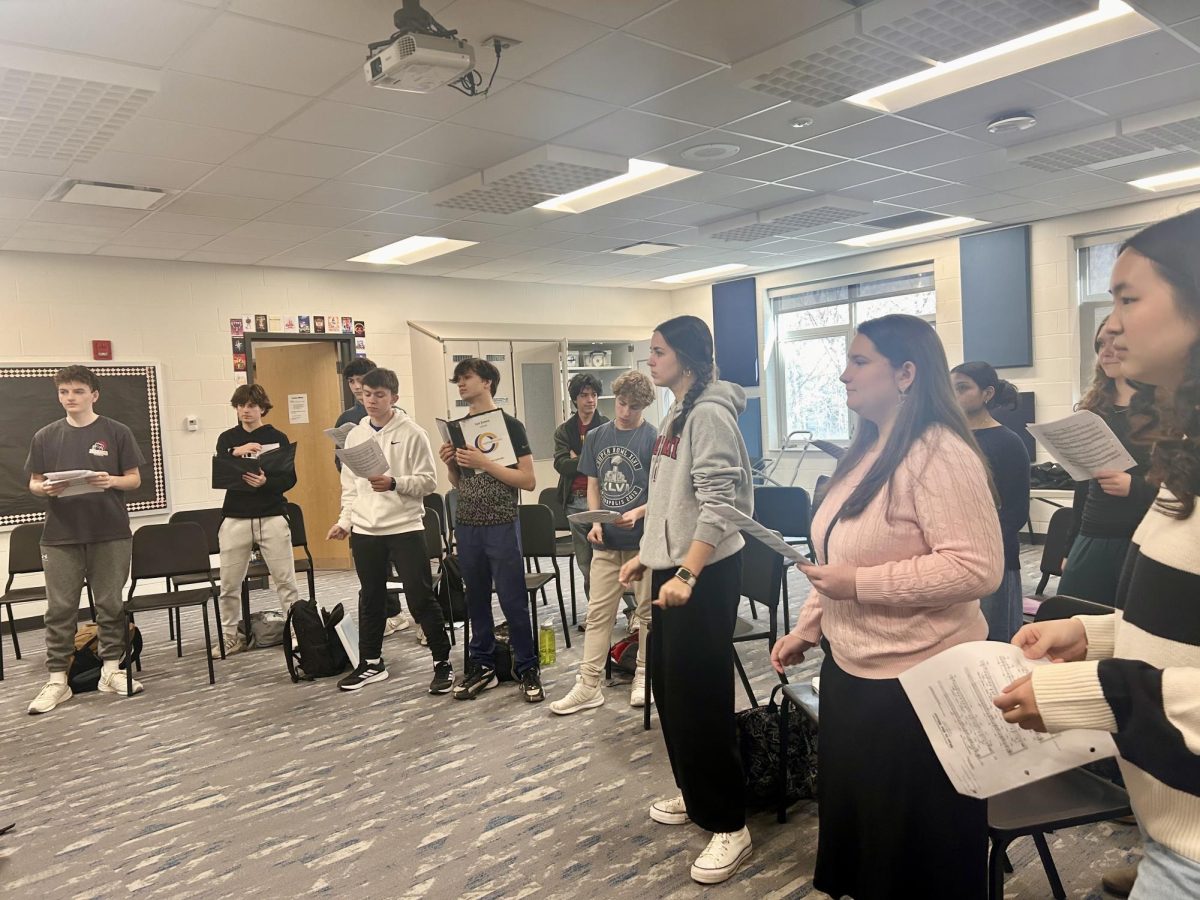

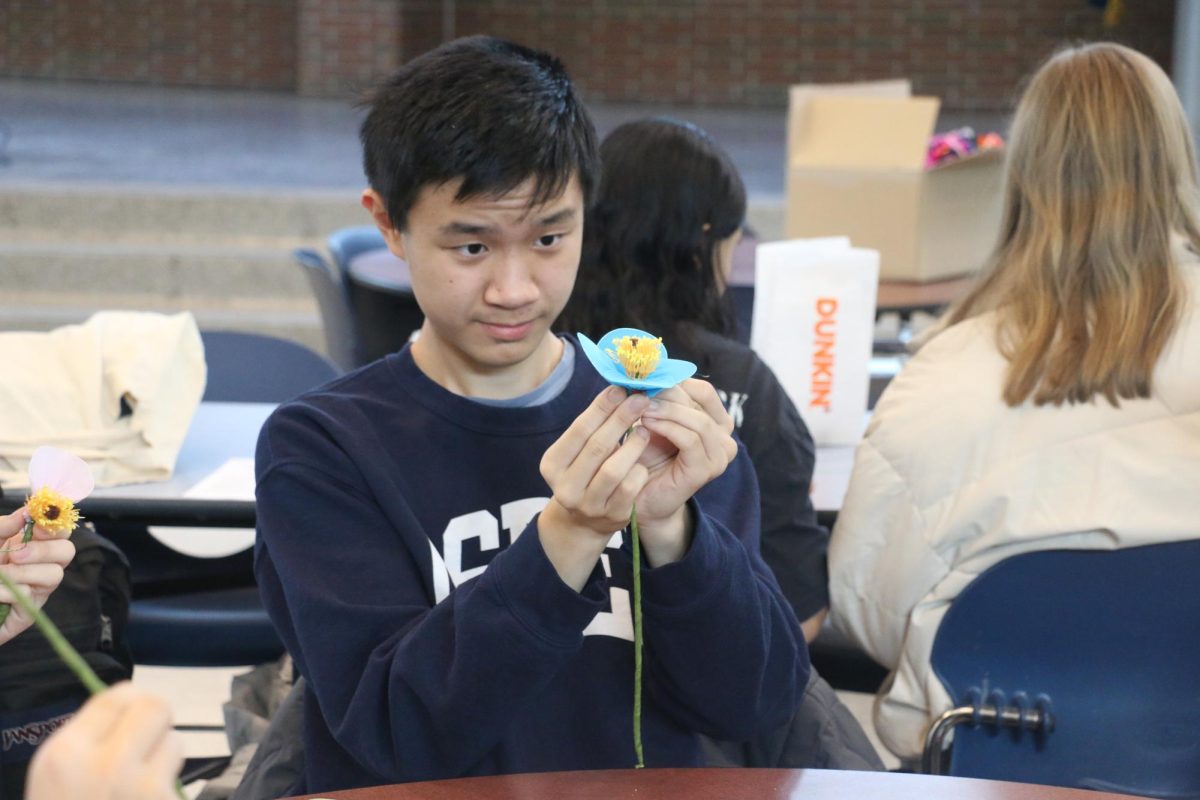




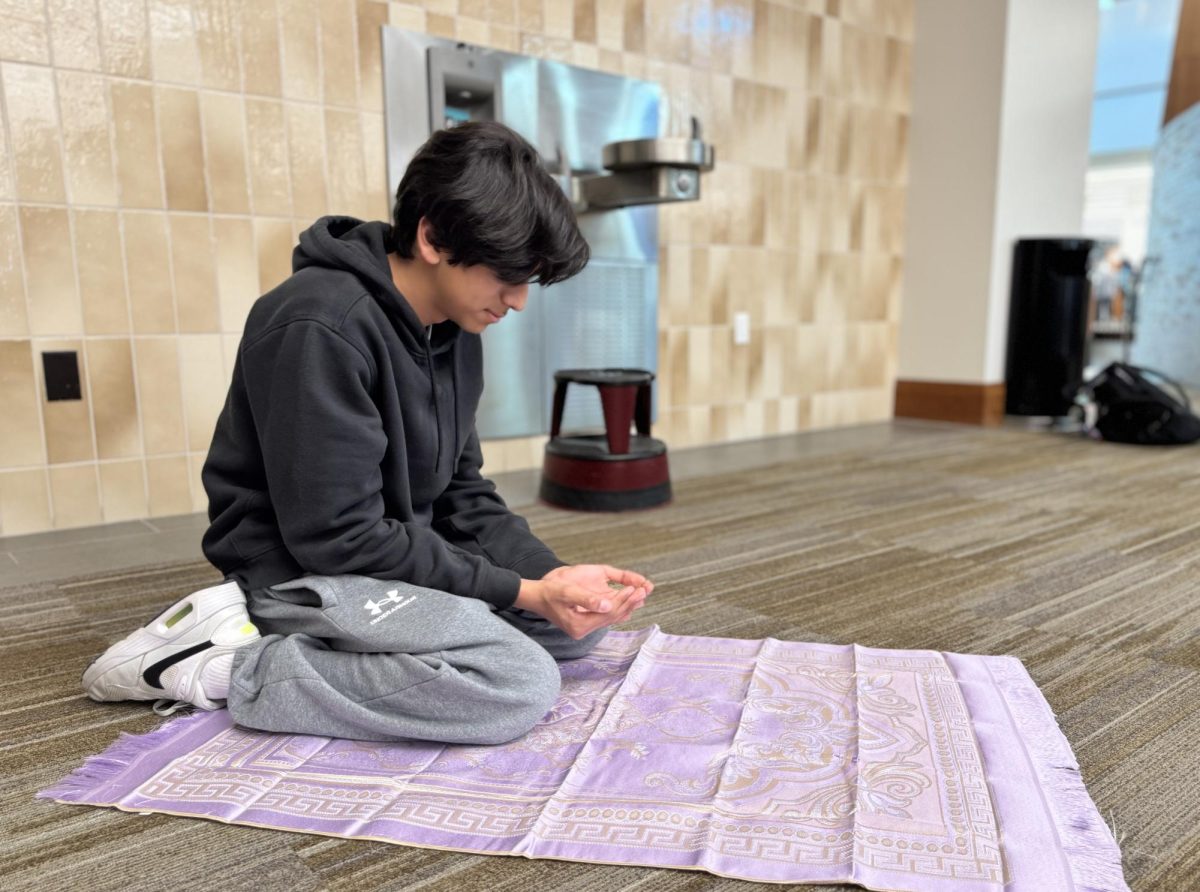





![AI in films like "The Brutalist" is convenient, but shouldn’t take priority [opinion]](https://hilite.org/wp-content/uploads/2025/02/catherine-cover-1200x471.jpg)













































![Review: “The Immortal Soul Salvage Yard:” A criminally underrated poetry collection [MUSE]](https://hilite.org/wp-content/uploads/2025/03/71cju6TvqmL._AC_UF10001000_QL80_.jpg)
![Review: "Dog Man" is Unapologetically Chaotic [MUSE]](https://hilite.org/wp-content/uploads/2025/03/dogman-1200x700.jpg)
![Review: "Ne Zha 2": The WeChat family reunion I didn’t know I needed [MUSE]](https://hilite.org/wp-content/uploads/2025/03/unnamed-4.png)
![Review in Print: Maripaz Villar brings a delightfully unique style to the world of WEBTOON [MUSE]](https://hilite.org/wp-content/uploads/2023/12/maripazcover-1200x960.jpg)
![Review: “The Sword of Kaigen” is a masterpiece [MUSE]](https://hilite.org/wp-content/uploads/2023/11/Screenshot-2023-11-26-201051.png)
![Review: Gateron Oil Kings, great linear switches, okay price [MUSE]](https://hilite.org/wp-content/uploads/2023/11/Screenshot-2023-11-26-200553.png)
![Review: “A Haunting in Venice” is a significant improvement from other Agatha Christie adaptations [MUSE]](https://hilite.org/wp-content/uploads/2023/11/e7ee2938a6d422669771bce6d8088521.jpg)
![Review: A Thanksgiving story from elementary school, still just as interesting [MUSE]](https://hilite.org/wp-content/uploads/2023/11/Screenshot-2023-11-26-195514-987x1200.png)
![Review: "When I Fly Towards You", cute, uplifting youth drama [MUSE]](https://hilite.org/wp-content/uploads/2023/09/When-I-Fly-Towards-You-Chinese-drama.png)
![Postcards from Muse: Hawaii Travel Diary [MUSE]](https://hilite.org/wp-content/uploads/2023/09/My-project-1-1200x1200.jpg)
![Review: "Ladybug & Cat Noir: The Movie," departure from original show [MUSE]](https://hilite.org/wp-content/uploads/2023/09/Ladybug__Cat_Noir_-_The_Movie_poster.jpg)
![Review in Print: "Hidden Love" is the cute, uplifting drama everyone needs [MUSE]](https://hilite.org/wp-content/uploads/2023/09/hiddenlovecover-e1693597208225-1030x1200.png)
![Review in Print: "Heartstopper" is the heartwarming queer romance we all need [MUSE]](https://hilite.org/wp-content/uploads/2023/08/museheartstoppercover-1200x654.png)

